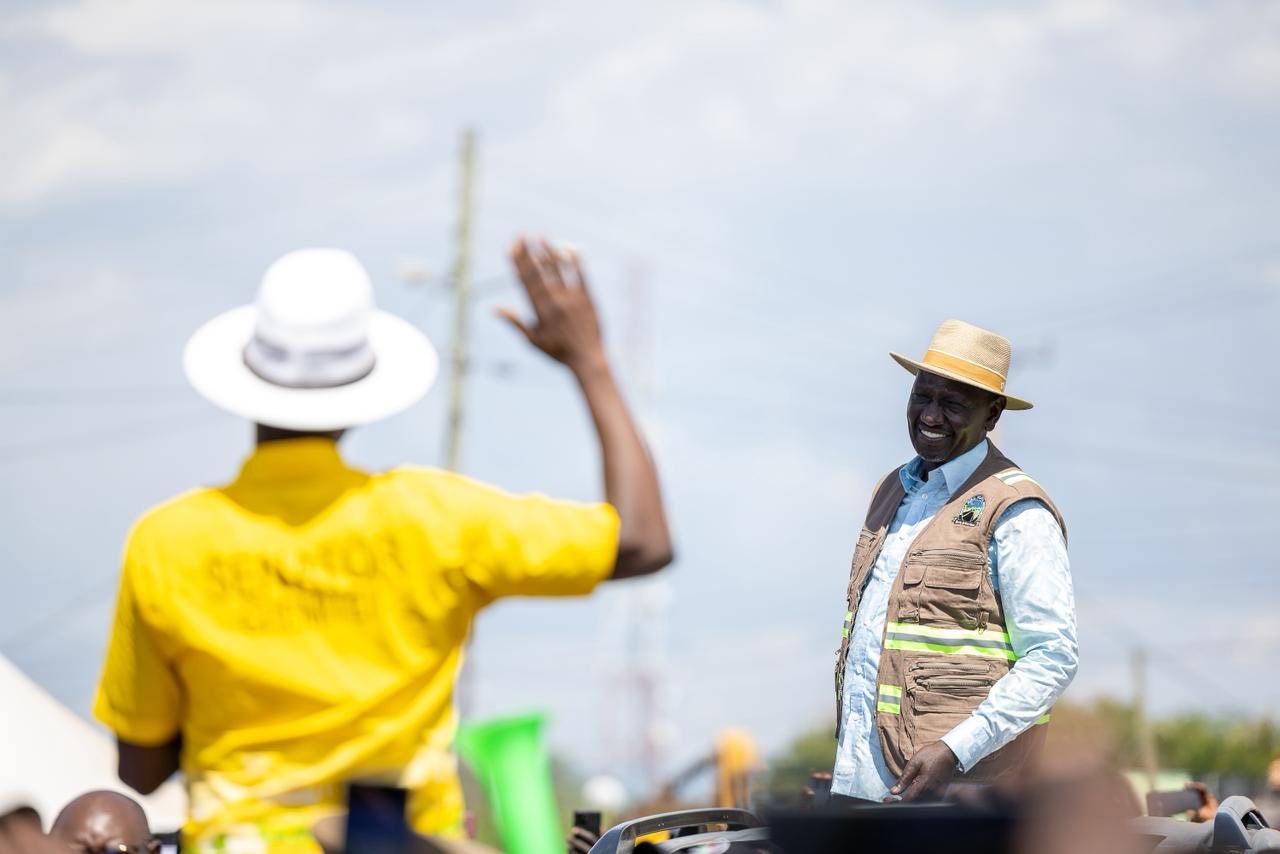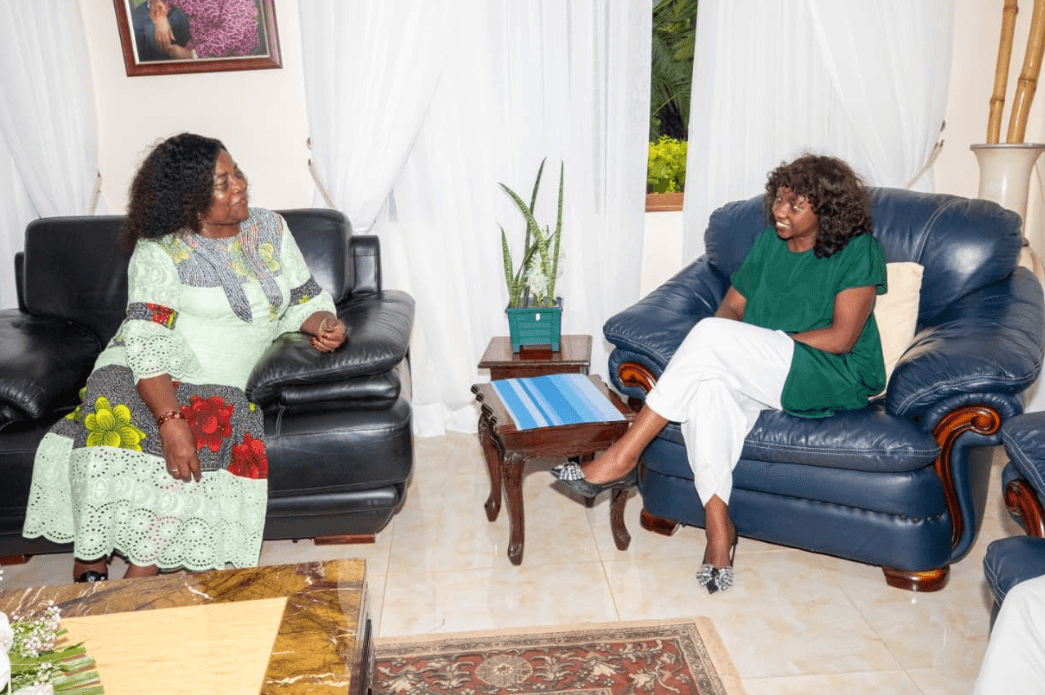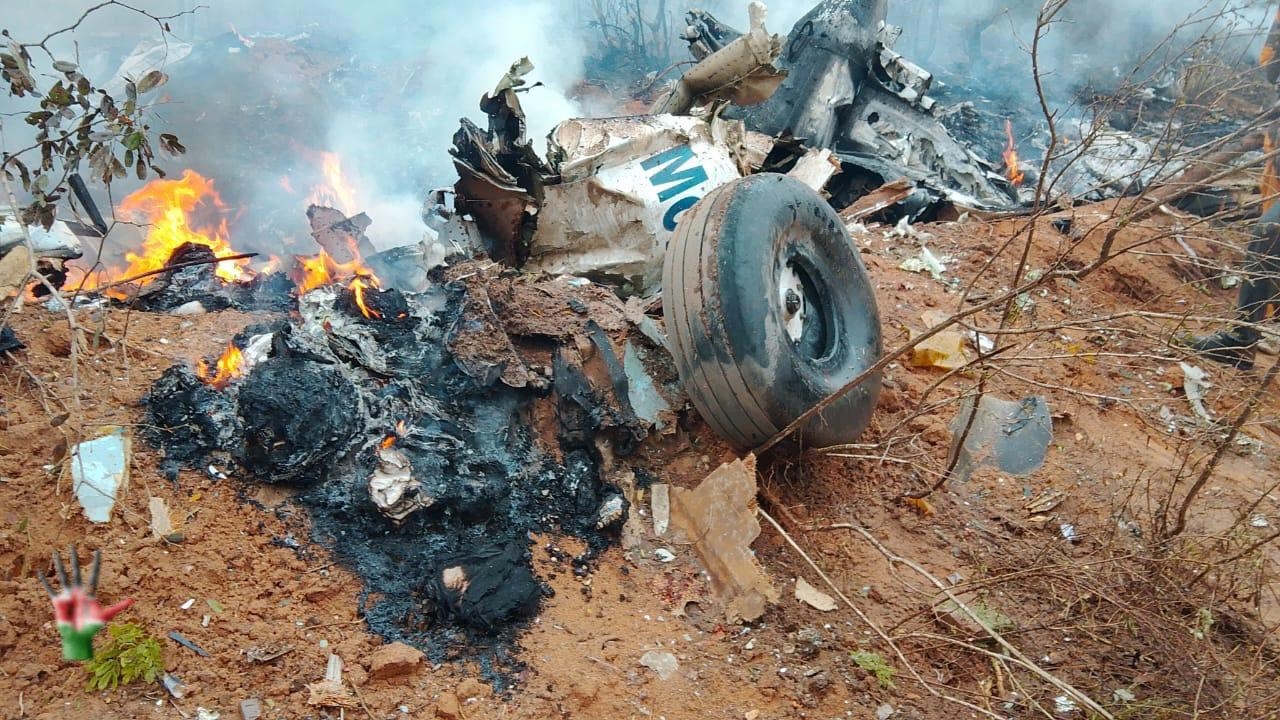The last general election provided an opportunity for Kenya to fulfil a key international obligation that advocates free education for all, as an important aspect that respects human rights.
Raila Odinga, then candidate for Azimio la Umoja, generated a major campaign debate when he pronounced an astonishing policy promise in his campaign. His team said he was going to make both basic and higher education free for all if he won the election.
Many wondered where money to facilitate free primary, secondary and university education was going to come from in a third world country, where governments are struggling to provide other basic needs including healthcare to the citizenry.
The nation later dismissed Raila’s important promise by electing his Kenya Kwanza opponent William Ruto (now president), whose policy on education was almost the same: free education for all.
But looking at it, one gets the impression that free education for all is possible. We can get it done.
There is a raging a debate over a new funding model that some stakeholders have said is discriminative and attainable. This has been followed by students' protests to push the government to come to the table to negotiate a working model that accommodates everyone.
Look at the Higher Education Loans Board, County Government Bursaries, National Government Affirmative Action Fund, Presidential Secondary School Bursary, Kenya Institute of Social Work and Community Development and Presidential Bursary Scheme for Orphans and Vulnerable Students bursaries.
These are collections of substantial amounts that can be used to fund each and every deserving case, if a proper guiding policy and institutionalisation is put in place.
There are about 24 countries around the world, among them, Germany, Finland, Slovakia, Norway, Belgium, Denmark, Poland, Netherlands and Spain that are known to fund their citizens’ free university education. It is imperative to note that, while no African state has dared venture in this area, there is nothing impossible for a willing heart.
Most of the countries mentioned have funded their free higher education through public funds drawn from ordinary taxes. Kenya is already offering subsidised funding for primary and secondary education.
A suggestion to combine all bursaries and scholarships is of course an attributed source of funds that can be consolidated and channelled to fund university and secondary school budgets to grant free learning for our children.
An immediate official policy on public corruption to curtail the theft of 10 per cent of the national budget believed to be stolen by authorities managing public funds can also provide an opportunity to re-channel the resources to finance free education.
A 2019 report quantified the amount of money stolen from government coffers at $1.4 billion. The amount may have appreciated a great deal over the years.
To fund university education, the state should come up with a policy that can allow admission of qualified self-sponsored students who have upgraded their qualifications to the required standard. Through this programme, the universities can achieve extra resources to facilitate other programmes thus allowing free access to regular students.
Cost cutting on other luxurious government expenditures such us necessary foreign and local travel can save the country billions of shillings. The same can be re-channeled to high priority programmes in the education sector to make it free.
A review of exorbitant sitting allowances made payable to some state officers that they really don’t need is another area that can be considered to ensure access to both basic and higher education is made easier.
In countries where education is free, embarrassing and flashy public life is unheard off. In the Netherlands top government officials cycle to work, while in Norway they ride to work on scooters. In Belgium, the policymakers and state officers arrive at their workstations through subways.
However, in Kenya, state officers are chauffeured to their offices on top-of-the-range vehicles while chopper rides have become a basic necessity for many in senior public offices.
It is against this backdrop that I find a recent decision by the National Assembly, through Speaker Moses Wetang'ula, to create a conversation around the merger of all key public education financing programmes very useful.
Education Cabinet Secretary Julius Ogamba has also given an indication that talks will shortly open to discuss funding for university education. This is an opportunity to achieve the big dream.
The writer is a chief officer in Homa county











